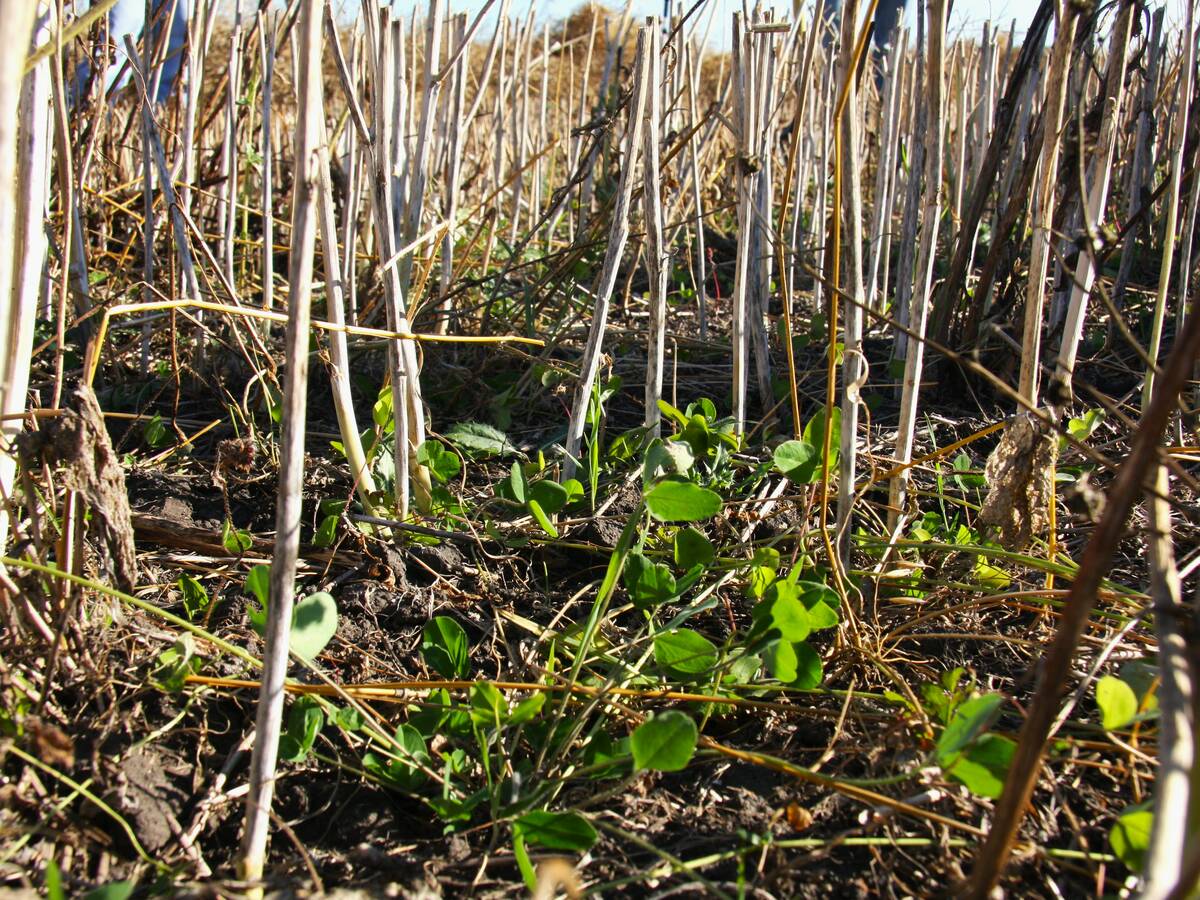Despite calls from several agricultural groups to exempt grain drying from the carbon pricing system, federal Agricultural Minister Marie-Claude Bibeau remains unconvinced it is possible.
She asked, and received, data from grain farmers and provinces starting in December on the impact of carbon pricing, but maintains it is not enough.
“Weakening the pricing solution, I would have to say I don’t have the business case, I don’t have the case with the data I’ve got to get an exemption,” she said, adding the impact of the price on pollution specifically for grain drying is “not that significant.”
Read Also

Saskatchewan project sees intercrop, cover crop benefit
An Indigenous-led Living Lab has been researching regenerative techniques is encouraging producers to consider incorporating intercrops and cover crops with their rotations.
With continued concerns over the impact of carbon pricing and other actions by the federal government top of mind, the Canadian Federation of Agriculture’s recent annual meeting held in Ottawa had a common theme of wanting to encourage policy makers to consider farmers when making decisions.
“There’s a lot of good, sound policy in there that we want to see and move forward. But, you know, basically at the end of the day, what we want the government to do is apply an agricultural lens to policy decision making,” said CFA vice-president Chris van den Heuvel.
“It doesn’t just have to be just when they’re making decisions about agriculture because as we’ve seen, we’re often collateral damage, so we want them to take a look at, how does this affect agriculture and the services we provide.”
The collateral damage van den Heuvel spoke of was the subject of several of the more than 60 resolutions proposed at the meeting.
A resolution supporting a federally funded trade war mitigation program gained 98 percent of delegate support, while another resolution urging the federal government to resolve the Chinese canola market access issue quickly was favoured by 99 percent of delegates.
Several resolutions on the topic of carbon pricing and its impact on agricultural operations, such as grain drying, were also passed.
Todd McKay, president of the Agricultural Producers Association of Saskatchewan, said he is hopeful Bibeau is still willing to listen to producers about their concerns over carbon pricing.
“We’re certainly doubling and redoubling our efforts on this file,” he said. “The good news is the door is still open. So, we’re going to continue with our advocacy and the work we’re doing.”
Despite Bibeau’s reluctance to offer concessions on carbon pricing for agricultural producers, she maintains a willingness to find other ways to support the industry, he said.
McKay said he was impressed with the 200-some delegates in attendance at the annual meeting.
He said it is important to have meetings such as this to ensure commonality across the country and to ensure lobbying efforts are in line.
Keystone Agricultural Producers president Bill Campbell had similar thoughts.
“It allows us the opportunity to meet with our representatives and representatives from other regions with regards to our issues in agriculture. So as I’ve evolved in agriculture, I realized the importance of this CFA meeting,” he said.
















